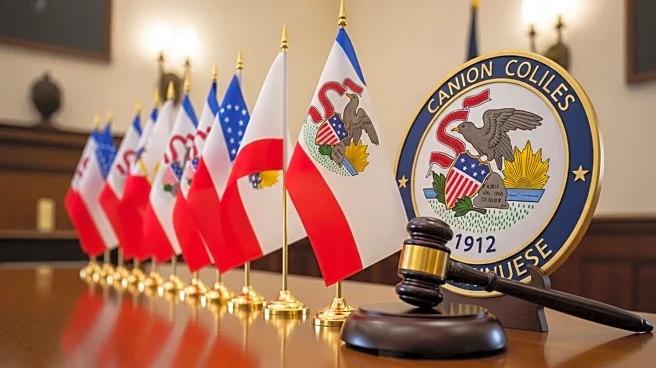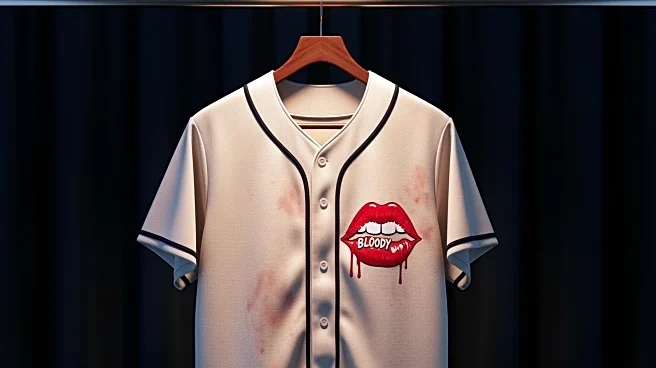What's Happening?
Illinois Governor JB Pritzker has expressed openness to federal assistance in addressing crime in Chicago, but opposes the deployment of the National Guard as suggested by President Trump. The proposal has sparked concern among Illinois veterans and local officials, who are wary of the implications of military intervention in the city. The situation has prompted city officials to hold briefings to discuss the potential impact and gather more information about the federal government's intentions. The debate highlights the tension between state and federal authorities over the appropriate response to urban crime.
Why It's Important?
The potential deployment of the National Guard in Chicago raises significant questions about federal intervention in local law enforcement. Such actions could set a precedent for federal involvement in state affairs, impacting the balance of power between state and federal governments. The response from Illinois officials underscores the importance of maintaining local control over law enforcement and public safety. The situation also highlights broader issues of crime and public safety in urban areas, prompting discussions about effective strategies for addressing these challenges without resorting to military intervention.
What's Next?
As the situation develops, it is likely that further discussions will take place between state and federal officials to address the concerns raised by the proposed National Guard deployment. Public reaction and political pressure may influence the final decision, with potential implications for future federal-state relations. The outcome could also impact public perception of both state and federal leadership, particularly in the context of crime and public safety policies.









